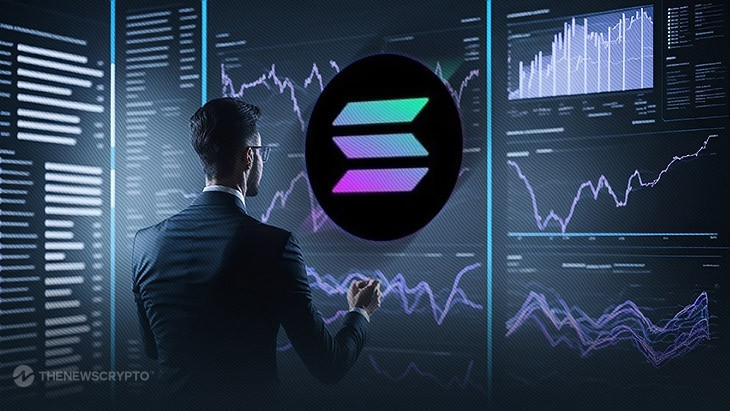Launched earlier this year, NFT trading platform Tensor has taken the number one spot on Solana’s NFT marketplace, overtaking Magic Eden in terms of trading volume on the network.
According to analytics platform TIEXO, Tensor has seen NFT trading volume of more than $1 million in the past month, almost double that of Magic Eden.
This means that Tensor represents an estimated 60% of the total NFT trading market share on Solana, while Magic Eden represents less than 30% of the total volume.
However, Magic Eden still has more unique wallet users than Tensor, with approximately 116 thousand wallets and a 70% engagement rate compared to Tensor’s 86 thousand wallets and a 52% engagement rate.
The implication is that many Tensor traders are trading higher on volumes, while Magic Eden may be targeting more casual NFT buyers.
Becoming the Solana NFT leader
According to Ilja Moisejevs, the co-founder of Tensor, the road to building Tensor and attracting NFT traders was not easy.
“Initial [we did] a lot of things that are not scalable,” Moisejevs told Blockworks. “We got our first 50 users by literally jumping into the DMs of top merchants and asking them to try the product. Many said no, but some said yes, and that was enough to get started.”
Tensor shipped several products to appeal to its audience, Moisejevs said, noting that the first version of its product resembled the Bloomberg terminal, an approach that appealed to more financial and analytical people.
“[We] listened to user feedback and kept iterating; we turned the product over 30 times,” he said.
Tensor’s identity is strongly tied to the Solana ecosystem, Moisejeves added. Even when the price of SOL, Solana’s native token, fell to $8, the team did not branch out into other ecosystems. “We stayed and doubled down,” Moisejeves said.
He adds that for Tensor to be successful, Solana itself must be a huge success.
“That is why we are not chain stores and why we focus tenfold on Solana. We really think Solana can be the chain that brings crypto and NFTs in particular to the masses,” said Moisejevs.
Like Blur – the Ethereum NFT trading platform – Tensor initially started as a trading platform for pro-traders. While this cohort of customers is still a priority for the team, Moisejevs notes that it is slowly becoming more attractive to retailers as well.
Furthermore, there has been speculation from community members that Tensor would introduce a similar airdrop strategy to Blur. Recently, community members were encouraged by speculators to purchase the Tensorian NFT, Tensor’s proprietary NFT collection that would give buyers unique access to the professional trading product and access to exclusive chat rooms.
The Tensorian collection currently has a trading volume of $11.5 million, making it one of the most popular on Solana.
Loyal customers
NFT trader who goes by the pseudonym Weekend Whale told Blockworks that Tensor immediately became a “home” for NFT trading after it emerged.
“I did a little bit of trading on OpenSea, and then I used Magic Eden quite a bit when it was the dominant NFT market on Solana. When I used ME, I always felt that from a user interface and speed perspective it would never scale well enough to be practical for someone with my wallet size and activity level,” said Weekend Whale.
They note that the collapse of FTX actually played a major role in the decision to become a Tensor trader.
“All I really had after FTX collapsed was my Solana on-chain, and there was no other CEX that had anything particularly interesting to offer me, so I was in a perfect position to move into NFT trading full-time” , they said.
Tensor was initially pitched to Weekend Whale as a marketplace that would be familiar to traders used to trading on centralized exchanges, and this turned out to be true.
Then there was their belief in the potential for an important future.
“That’s why I’ve stayed true and faithful despite the tough times we’ve been through with Solana and other marketplaces and blockchains’ attempts to lure us away,” Weekend Whale added.
Pseudonymous trader Retiree Chad Dev shares similar experiences. After showing interest in MadLads NFTs, he started looking for a platform to purchase the NFT from.
“Everything felt so intuitive with Tensor. I can clearly see the prices with and without royalties, see how prices increased and the trends, just filter by properties and see how the listings have done historically,” retired Chad Developer told Blockworks.
Read more: Coinbase and other crypto companies hope to drive adoption with UX
As a former market maker and token trader on centralized exchanges, Tensor’s user interface makes me feel right at home, they said.

